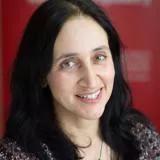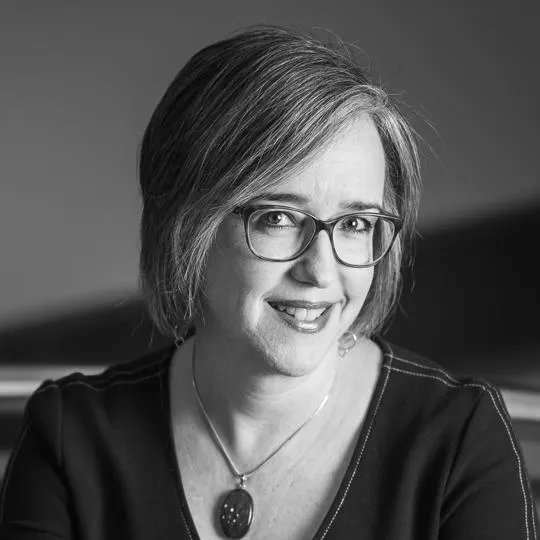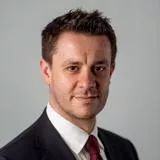African Youth in Mind
NIHR Global Health Research Group on Interventions for Youth with Depression and Anxiety Disorders in African Countries
The African Youth in Mind (Y-MIND) programme is adapting the Friendship Bench so it is suitable for young people living with Depression in Ghana and Zimbabwe. The Y-MIND intervention is co-developed with young people and caregivers, to meet the specific cultural and contextual needs of these communities. It is also testing the Y-MIND intervention among depressed youth attending senior high schools in Ghana and primary care in Zimbabwe.
The programme is led by a multidisciplinary team of researchers from Africa and the UK, led by Co-Principal Investigators Professor Melanie Abas (King’s College London) and Professor Dixon Chibanda (University of Zimbabwe), and Ghana Country lead Dr Benedict Weobong (University of Ghana) and Malawi Country lead Dr Moses Kumwenda (Kamuzu University of Health Sciences).
Y-MIND builds on the success of the Friendship Bench — a brief psychological therapy shown to be effective and acceptable for working-age adults in Zimbabwe. Our team is adapting this intervention specifically for youth aged 15-24, integrating age-appropriate psychoeducation, behavioural activation, and problem-solving therapy. The adapted Y-MIND therapy also emphasizes key therapeutic elements such as empathy, active listening, and fostering realistic hope. It is delivered over six sessions by trained non-specialists.
To align with national priorities, the intervention is tailored to two key delivery settings:
- Ghana: Targeting youth aged 15-18 enrolled in the country’s free senior high school system
- Zimbabwe: Reaching youth aged 15-24 through community health services
Formative Phase
To inform the intervention, we conducted 145 interviews with stakeholders across both countries. We also held Theory of Change workshops and situation analyses to guide adaptation and implementation strategies. Young People’s Advisory Groups and Stakeholder Advisory Groups were established in each country, playing a vital role in shaping the intervention’s design, strengthening local partnerships, and promoting long-term sustainability.
Adaptation Phase
The intervention was developed through an iterative, participatory process. Participatory workshops with young people and stakeholders helped refine the intervention and ensure cultural relevance for both Ghana and Zimbabwe. A Development Case Series in each country allowed us to test feasibility and acceptability, and to gather early insights into the intervention’s effects—leading to important refinements of the therapy manual and supporting materials.
Implementation Phase
In Ghana, we conducted a two-arm cluster randomised pilot trial across six senior high schools in Navrongo to assess implementation, effectiveness, and cost-effectiveness. Guidance and Counselling teachers in senior high schools were trained as interventionists.
In Zimbabwe, we ran a single-arm feasibility study within primary health care clinics to test the feasibility of implementing and assess preliminary outcomes. The intervention was delivered by youth ‘buddies’, older lay health workers, and primary care counsellors.
Building Local Capacity
Capacity building is central to Y-MIND. The project supports four PhD fellows based in Ghana, Zimbabwe, and Malawi, delivers specific training, supervises African researchers to first-author publications, and provides mentorship for mid-career researchers. Taken together, these are helping to strengthen local mental health research leadership for the future.
By integrating evidence-based interventions with local expertise, Y-MIND aims to create sustainable, scalable mental health solutions for young people in Ghana and Zimbabwe.
Key partner co-investigators involved:
- Professor Dixon Chibanda (Co-Principal Investigator, University of Zimbabwe)
- Dr Benedict Weobong (Country Lead, University of Ghana)
- Dr Moses Kumwenda (Country Lead, Kamuzu University of Health Sciences, Malawi)
- Dr Jermaine Dambi (University of Zimbabwe)
- Dr Tarisai Bere (University of Zimbabwe)
- Dr Franklin Glozah (University of Ghana)
- Professor Philip Adongo (University of Ghana)
- Dr Dzifa Attah (University of Ghana, Medical School)
- Dr Rosemary Musesengwa (University of Oxford)
- Mr Peter Yaro (BasicNeeds Ghana)
- Dr Abraham Aduro (Navrongo Health Research Centre)
- Mrs Gifty Francisca Ben-Aryee (Ghana Health Service)
- Dr Raymond Aborigo (Navrongo Health Research Centre)
- Ms Karen Webb (The Organization for Public Health Interventions and Development)
- Ms Nicola Willis (Zimbabwe)
- Professor Rashida Ferrand (London School of Hygiene and Tropical Medicine)
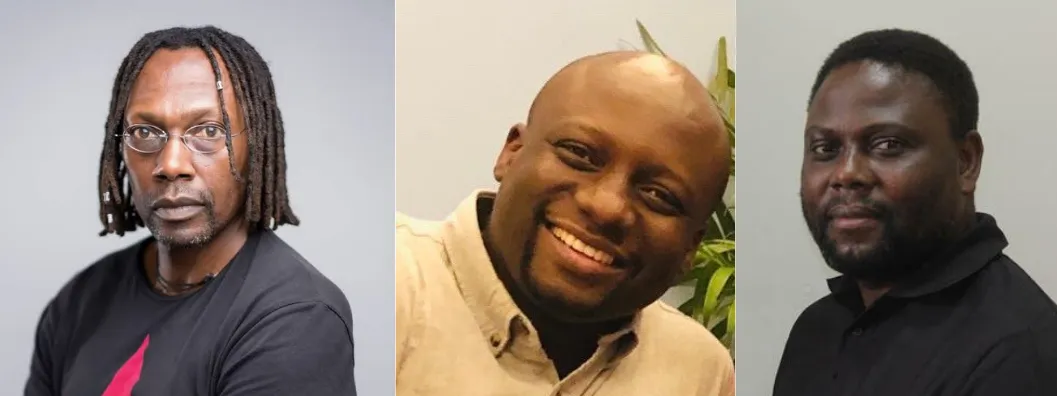
Our Partners
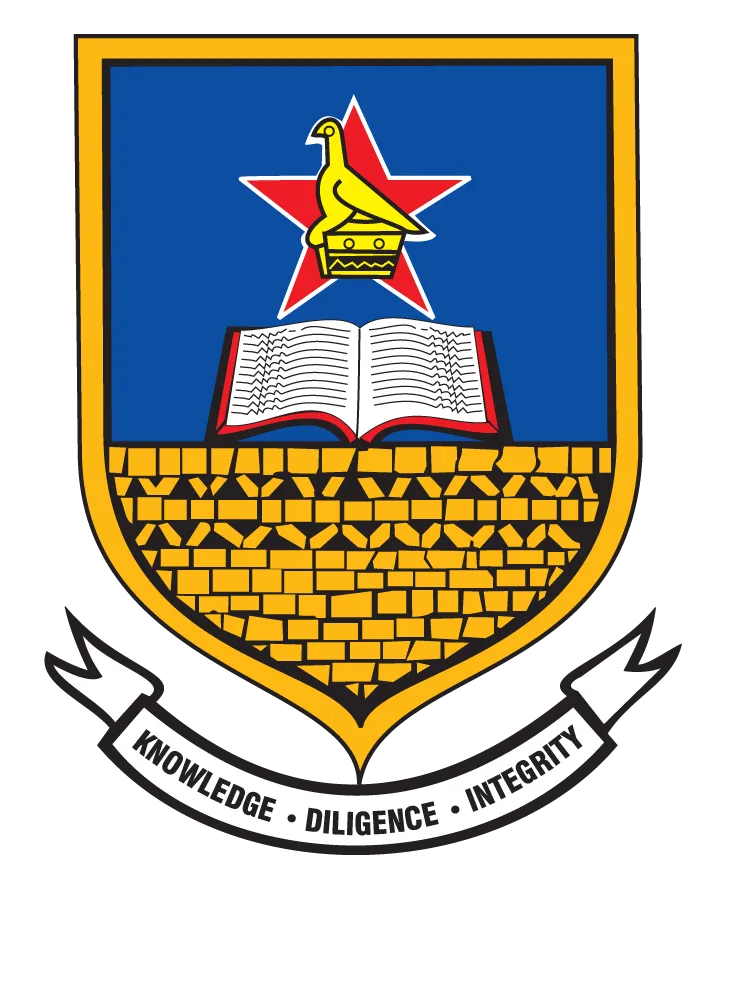
University of Zimbabwe
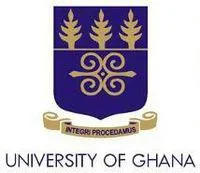
University of Ghana

Navrongo Health Research Centre
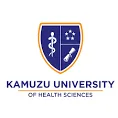
Kamuzu University of Health Sciences
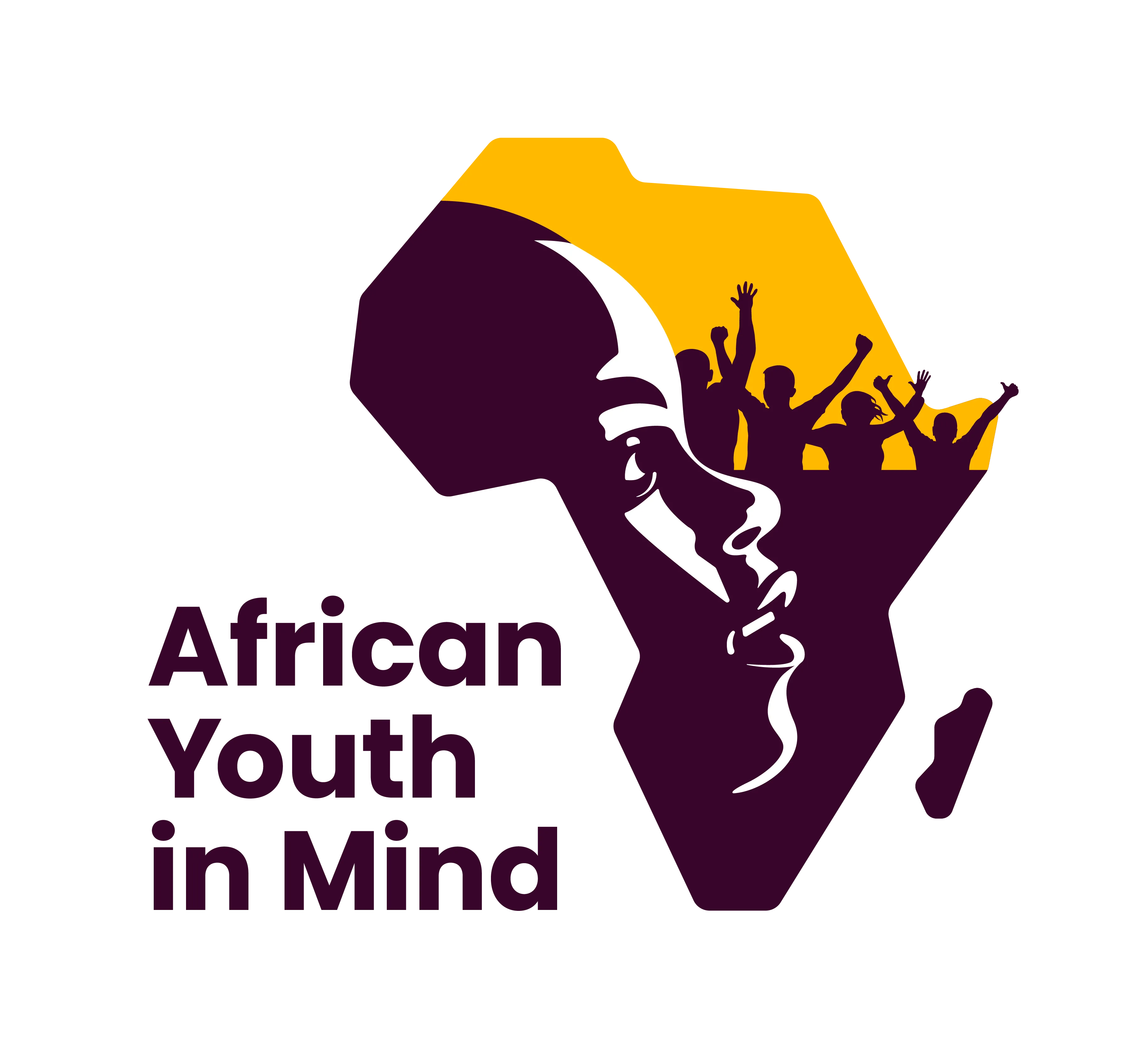
Principal Investigator
Investigators
Affiliations
Funding
Funding Body: National Institute for Health Research (NIHR)
Amount: £2,750,000
Period: October 2021 - September 2026

